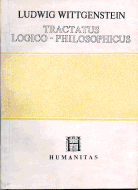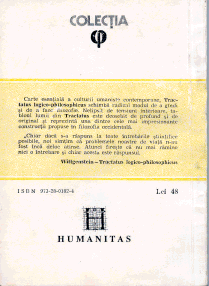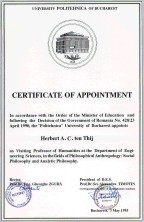 |
From
the early nineties on I could contribute in Romania by way of
a TEMPUS project of the European Commission to found and
to build up the Department of
Engineering Sciences of the
collaborating Universities of Bucharest.
|
|
The
Romanian Higher Education system resembles much the French one
with the Grandes Ecoles and their competitive
entrance-examinations. Of all who passed the examinations only
the top students were selected to populate this Department of
Engineering Sciences - D.E.S.
|
|
In
the D.E.S. they would enjoy an engineering education either in
English, French or German, so that they could integrate easier
in (Western) Europe and in the international scientific
community during or after their studies without that many
cultural- and language barriers they might have had
otherwise. Furthermore, a substantial attention to
humanities would form part of the
education.
|
|
The
D.E.S. has been successfully realised. At this moment already
many of its graduates perform very well as a Ph.D. student or
as a researcher in advanced technology research centers in the
U.S.A. and in Europe.
|
|
Within the scheme of the
project I was also detached to the University 'Politehnica' of
Bucharest to give lectures.
|
|
In
the first year I did an Introduction to Analytic Philosophy
that included a short elementary course in Logic, either to
fresh up already existent knowledge by earlier mathematical-
or informatics lectures in the programme of the D.E.S. or to
emphasize (again) its role in argumentation. This elementary
course dealt with Definitions, Syllogisms, Sentential Logic
and Predicate Logic. Also the philosophy of G.E. Moore
(analysis, language and common sense) and the philosophy
of Bertrand Russell (logical atomism) was introduced.
The introduction to the First Phase of Analytic Philosophy in
Cambridge was concluded so to say with the Tractatus Logico
- Philosophicus of Ludwig Wittgenstein (Wittgenstein
I ).
|
 |
|
The
very first day I came to Bucharest to work with the D.E.S.
students I visited also the little book-stalls on the streets.
What 'coincidence'... The very same day came a
Romanian |
|
 |
| translation
available of the Tractatus. |
|
Although I had prepared already copies of
'the' English translation of the Tractatus it was a
pleasure to advertise this booklet that was available for a
prize less than that of a bottle of Coca-Cola, one of the common
standard of values of the Romanian students those
days.
|
|
We
read the book the way I like it best, not immediately from
page one till the last , but the structural way; in this,
starting from the overview of the main
theses.
|
 |
The
students were good and very enthusiastic, especially about the
course I did on 'Freedom' next to the above mentioned. But
this was more by reason of they felt to enjoy it itself, than
because of they were engineering students. And also from the
informal contacts with them I learned a lot about the
revolution and how it happened out of their own experiences.
And some of them were soldiers those days.
|
|
The
next year I tried to involve the students closer in the
different views on epistemology and science. So next to the
'regular' course to conclude the introduction to analytic
philosophy by dealing with Logical Positivism ( Vienna
Circle and further developments -a.o. K. Popper-) I did a
working group in which the students had to team up in groups
up to four to prepare a point of view that was established in
a current article from a philosophical
magazine.
|
|
Out
of the nine different articles I had selected and prepared we
did five after a short general (historical-thematically)
introduction to the philosophy of science. It had to be
observed that even very excellent engineering students had
great problems with presenting in a clear and short summary
the central topic or the main view of a non-plain text. So
some time had to be spent to introduce a few helpful
techniques in this and to practice
them.
|
|
It's just constructive thinking -besides some
lateral creativity-, I guess and that's
all technology may
be.
|
| |